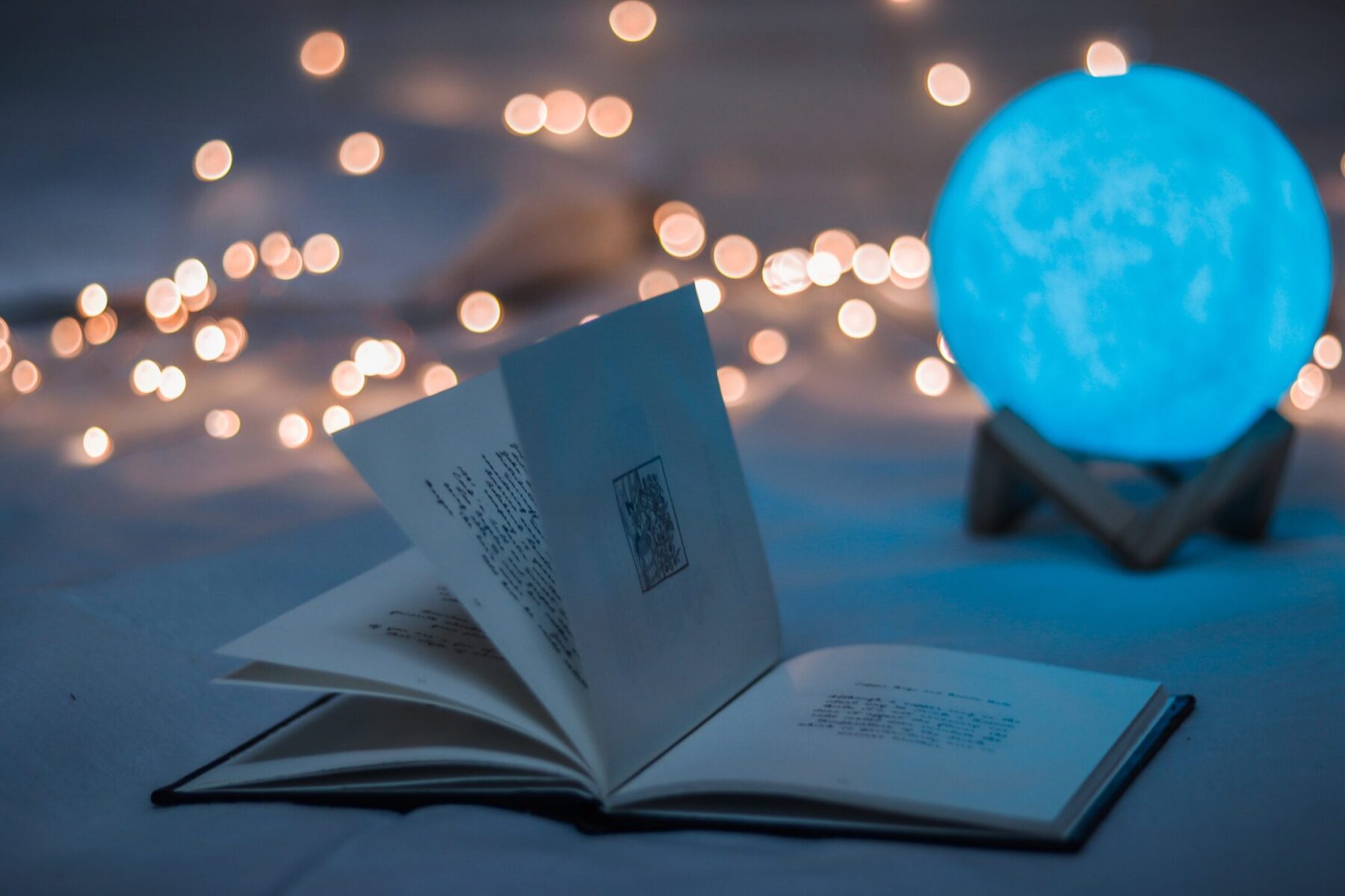
What Your Favorite American Author Says About You
In his best-selling novel High Fidelity, Nick Hornby asserts that what a person likes (books, movies, music, etc.) is more important that what a person is like. No need to get to know someone well, observe her in a variety of situations and truly judge her character; no, all anyone needs to do is find out which actors, authors, musicians and other artists a person likes to truly understand her character and determine if she could be a potential match for friendship or romance.
Whether or not anyone should actually take stock in this theory, it’s fun to think about what a person’s preferences indicate about her personality. Below, some possible clues into a person’s psyche based on her favorite American author.
Click here to see the author list…
Mark Twain: this person has a great sense of humor and is willing to overlook some pretty blatant racism. She probably finds rakish youngsters (like Twain’s Tom Sawyer or Huckleberry Finn) appealing, and may or may not be game for an impromptu rafting trip.
Ernest Hemingway: Hemingway lovers are either fans of his work or fans of the man. Fans of his work admire the simple strength of his language and his vivid descriptions of various European locales. People who admire the man are probably drunks.
Nathaniel Hawthorne: this person rejects Puritanical ideals and doesn’t adhere to moral absolutes. His lack of judgment may be refreshing, but find out his views on monogamy before letting things get too serious.
Arthur Miller: this one can be tricky. Miller’s plays, particularly The Crucible and Death of a Salesman, are extraordinarily good, but also have a somewhat morbid bent to them. Find out if this person admires Miller as a skilled dramatist or an acute observer of the cruelty of mankind.
F. Scott Fitzgerald: Find out if this person has read Fitzgerald beyond The Great Gatsby. There’s nothing wrong with loving Gatsby, but no one should declare an author to be his or her favorite unless he or she has read at least 3 of that author’s books.
Unless, of course, that author is Harper Lee. To Kill a Mockingbird was her only novel, but it’s so great it elevates Lee to a reasonable candidate for the title of anyone’s favorite American author, or favorite author of any nationality.
Edith Wharton: an excellent choice. This person is a reader. Anyone who can get past Ethan Frome, the high school English teacher’s favorite form of torture, and give novels like The House of Mirth and The Age of Innocence a chance will not be deterred by something like a Dave Matthews Band CD collection or closet addiction to The Real Housewives of New Jersey.
Robert Frost: This could be an excellent choice as well, but there’s a litmus test that must accompany that ruling. Ask the person what she thinks of “The Road Not Taken.” If she thinks it a beautiful poem about the importance of not taking the easy way in life, this person does not get Frost at all. If she rolls her eyes and says she hates when people quote it to emphasize the important of blazing one’s own trail, then she’s a trust Frost fan.
About the Author:
Shmoop offers hundreds of free educational guides and references. We believe that any topic, like Crucible or To Kill a Mockingbird, can be broken down in a way that is relatable and fun for students. . . We keep things more interesting by using television shows, video games, music, and fashion references throughout our guides. Our goal is not only to present the fundamentals, but to bring the material to life in a way that makes students ask more questions, instead of less. Check out Shmoop’s website to see how all of our free resources can make a difference in your study time.

